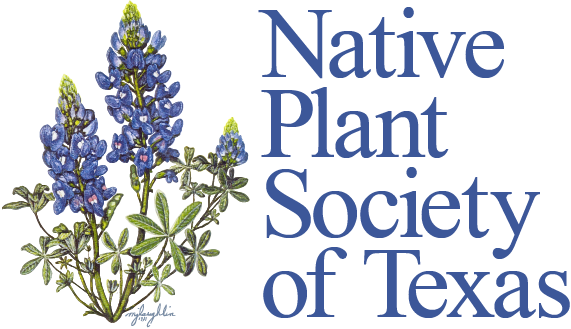Click on a “Donate” below to make an online donation to one of our dedicated funds. You may give any amount and your gift will be allocated to your choice of one of our ongoing programs.
| Program | Donate |
|---|---|
| Ann Miller Gonzalez Graduate Research Grants | Donate |
| Bring Back the Monarchs to Texas | Donate |
| Fall Symposium | Donate |
| General Operating Fund | Donate |
| I-35 Monarch Waystations | Donate |
| Kate Hillhouse Undergraduate Scholarship | Donate |
| Native Landscape Certification Program | Donate |
| NICE Native Plant Partners | Donate |
| Spring Symposium | Donate |
| Society Publications | Donate |
Other Ways to Support
CafePress Store
CafePress Store Show your support with apparel and merchandise from our CafePress shop.
Employer matching gifts
If your employer has a matching gift program, be sure to enter it on the donation form or contact us by phone or email and ask for the coordinator.
Gifts & estate planning
A planned gift is one of the most impactful ways you can support the Society’s critical conservation work. You may be able to save on taxes, receive income for life or enjoy other financial benefits—all while helping to keep nature healthy for years to come.
Legal language and tax ID
- If you wish to name the Native Plant Society of Texas in your will or estate plan, we should be named as: The Native Plant Society of Texas, a nonprofit corporation, organized and existing under the laws of the State of Texas, with principal business address of PO Box 3017, Fredericksburg, Texas 78624
- Tax ID: Please email the state office.
- The Native Plant Society of Texas is tax exempt under section 501(c)(3) of the Internal Revenue Code. Questions? CONTACT US
If you have included the Native Plant Society of Texas in your estate plans, let us know. We would like to thank you for your generous commitment to the future of our natural world.
Additional Sample Language for Gifts of Real Estate
If you own property that you would like to donate to the Society through your will or trust, the following language, which you should share with your attorney, can be used:
I hereby give, devise and bequeath to the Native Plant Society of Texas, a nonprofit corporation, organized and existing under the laws of the State of Texas, and with current business address of PO Box 3017, Fredericksburg, Texas 78624, tax identification number 74-2697896, all of that certain piece, parcel or lot of land owned by me and situated and being in the Town of _______ and more particularly described as follows: [full legal description of property] I understand that the above-mentioned real estate may not qualify for protection. If it does not qualify for protection, I hereby give my permission for it to be sold at the Society’s sole discretion and the proceeds used as the Society’s State Board deems appropriate to further the purposes of the Society.
